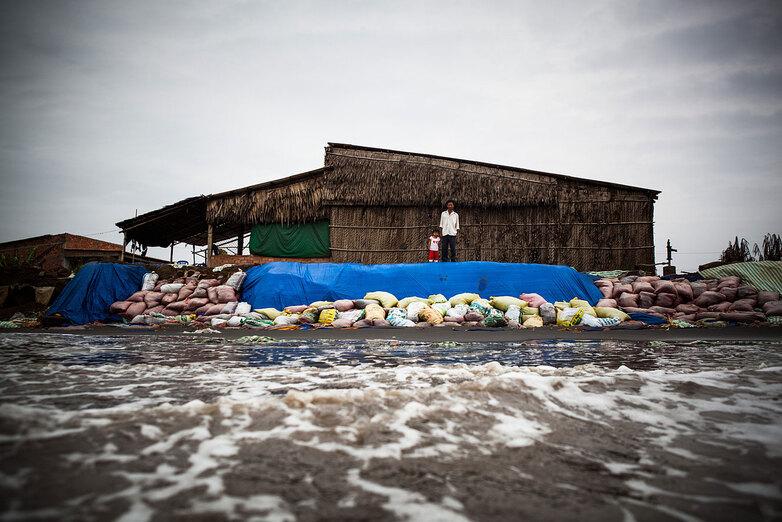Context
Around 200 million people are affected every year by extreme natural events such as earthquakes, severe storms, prolonged droughts and heavy flooding. More and more people, infrastructure and assets are located in densely populated and increasingly vulnerable areas. However, with the rapid development of urban areas and economic zones, little account is taken of disaster risks. Many German actors have extensive expertise and experience in disaster risk management, but have so far not always utilised this know-how in a collaborative and coordinated way in order to tackle global challenges.
Objective
German and regional stakeholders working in networks have jointly developed and strengthened approaches to improving disaster risk management worldwide.
Approach
The German Federal Government set up the Global Initiative on Disaster Risk Management (GIDRM) under the responsibility of the Federal Ministry for Economic Cooperation and Development (BMZ). GIDRM promotes networks that bring together German and international stakeholders from government, the private sector, academia and civil society. Its objective is to develop customised solutions to specific challenges in disaster risk management and to meet global demand by devising high-quality, innovative and sustainable approaches.
GIDRM focuses on strengthening civil protection and disaster risk management, protecting critical infrastructure, safeguarding economic cycles, and developing, upgrading and expanding early warning systems. The Initiative thereby helps to implement the international Sendai Framework for Disaster Risk Reduction and regional action plans. It develops demand-oriented products and systems to ensure more efficient disaster risk management.
The Swiss Agency for Development and Cooperation (SDC) acts as a partner in funding and carrying out regional disaster risk management simulation exercises (ASEAN Regional Disaster Emergency Response Simulation Exercises, ARDEX).
Strengthening the resilience of small and medium-sized enterprises in Asia
In many countries of South-East Asia, small and medium-sized enterprises (SMEs) account for around 97 to 99 per cent of the economy. These businesses are often particularly hard hit by the economic impact of extreme natural events. In globally networked economic cycles, the failure of SMEs triggered by local disasters often not only has consequences for individual companies, sectors or industries. It can also have systemic repercussions on entire economies.
Together with the Asian Disaster Preparedness Center (ADPC), the Asian Development Bank (ADB) and the authorities responsible for SMEs in Indonesia, the Philippines, Thailand and Viet Nam, the Initiative is compiling country studies so that it can specify the range of services required and take stock of the local institutional, legislative and operational frameworks. In each country, the focus is on setting up one-stop centres for SMEs supported by government agencies and trade associations. These centres will advise SMEs on all disaster risk management issues. Risk analyses are being conducted as a way of better assessing SMEs’ vulnerability. Together with the actual businesses , measures are being identified that will reduce risks. Risk transfer and financing options along with strategies for operational continuity management are also being devised.
Disaster risk reduction in public investments
Public transport infrastructure and basic services such as water and health care are vital for societies to function effectively. If such critical infrastructure is destroyed or services are disrupted as a result of extreme events, this can often have a devastating effect on the population and a long-lasting detrimental impact on socio-economic development. Taking due account of disaster and climate risks when carrying out public investment projects can therefore be particularly effective in driving sustainable development.
The range of services offered by GIDRM is based on an approach that was first implemented in Peru whereby risks entailed in investment projects are systematically identified. Risk-reducing measures are then selected and put in place in accordance with cost-benefit projections. This also safeguards the sustainability of the investment itself. GIDRM is now refining and disseminating this approach, focusing on its application in corrective management and disaster-resilient reconstruction.

